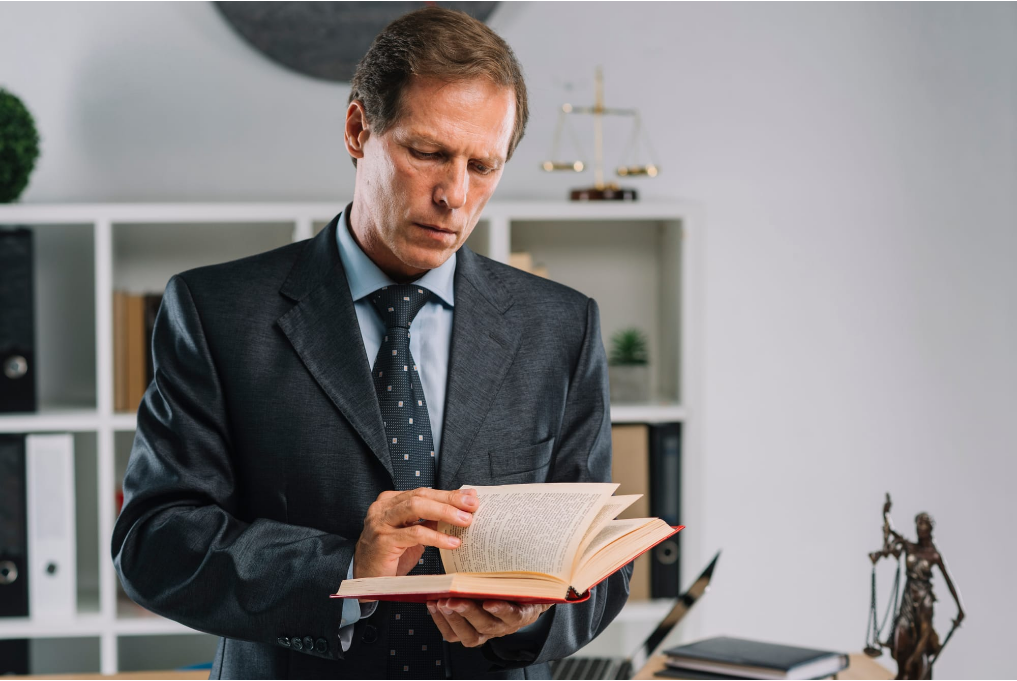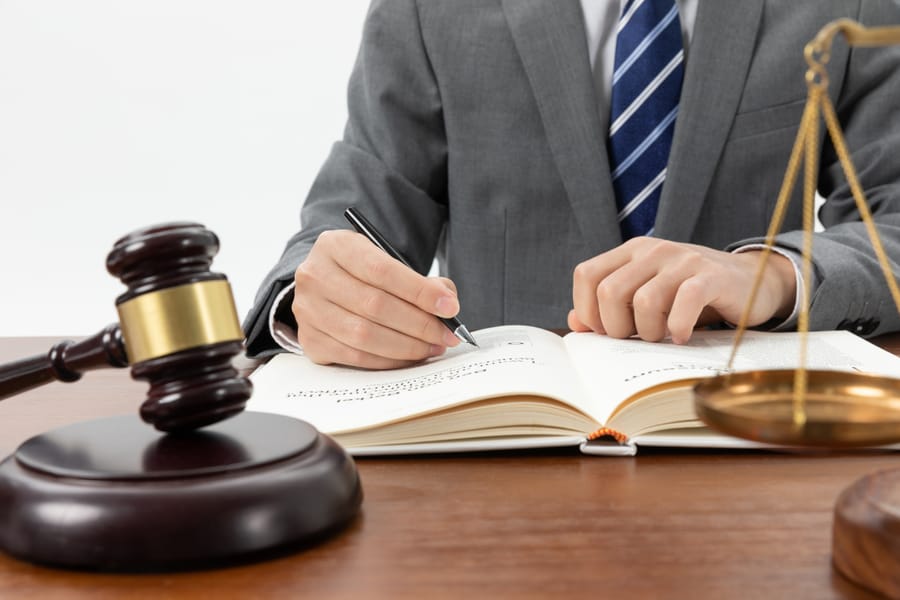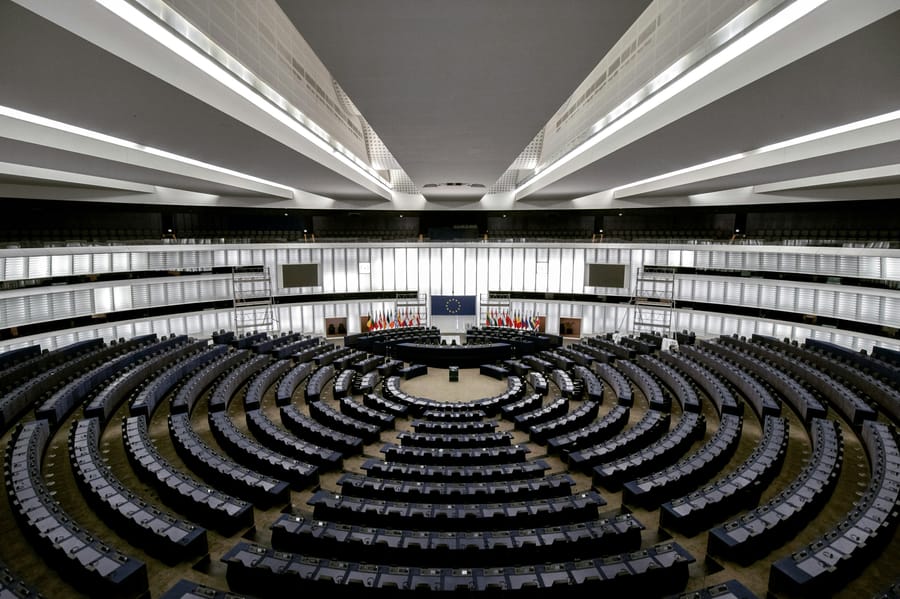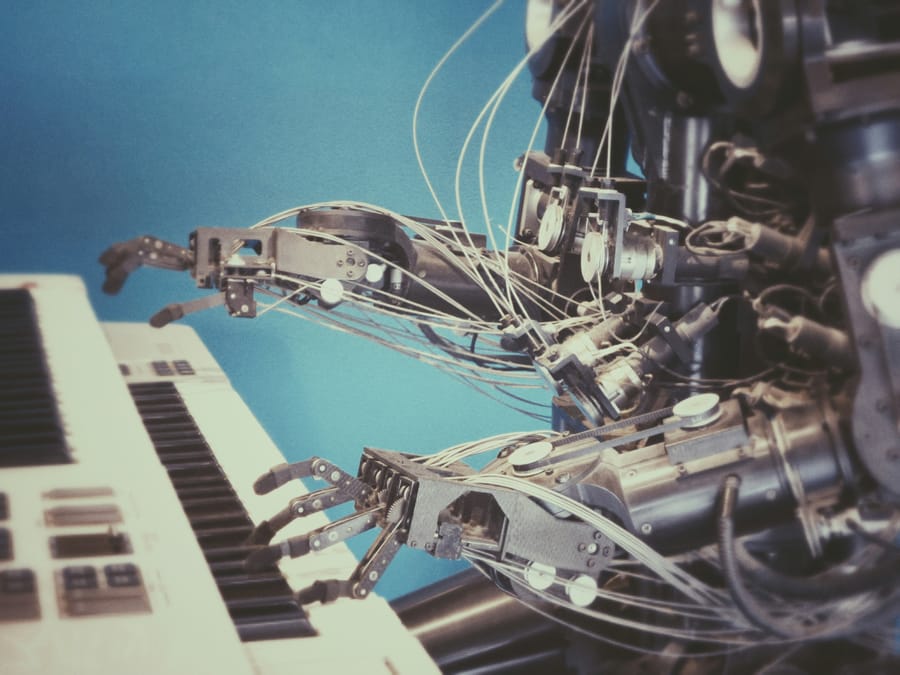On 18 March 2025, the United States Court of Appeals for the District of Columbia unanimously ruled that creations generated solely by artificial intelligence are not eligible for copyright protection, reinforcing that copyright law presupposes a human creator. The decision came in a case brought by computer scientist Stephen Thaler, who sought to register copyright for the image "A Recent Entrance to Paradise," generated in 2012 by his AI system, Creativity Machine—a request that the Copyright Office had rejected.
The court provided a detailed rationale for its decision, emphasising that multiple provisions of the 1976 Copyright Act indicate that authors must be human. Judge Patricia A. Millett pointed out that the duration of copyright protection is tied to the creator’s lifespan, the law treats machines as tools distinct from creators, and it attributes to authors characteristics such as nationality, residence, ownership, and the ability to sign. The ruling clarified that this does not preclude copyright protection for AI-generated works if a human author contributed, meaning the rule only requires that the work’s author be a human—the individual who created, operated, or used the artificial intelligence—rather than the machine itself.
The decision marks a landmark in the legal treatment of AI-generated creations. It aligns with the Federal Circuit’s 2022 ruling in Thaler v. Vidal, which rejected Thaler’s request to designate an AI as an inventor in a patent application. Following the ruling, the Copyright Office issued a statement affirming that, in their view, the court reached the correct conclusion, validating the requirement of human authorship for copyright. Thaler’s legal representative, Ryan Abbott, indicated an intent to appeal the decision, arguing that it casts a significant shadow over the creative community, as the boundary for copyright protection of AI-generated works remains unclear.
Sources:
1.

A federal appeals court upholds that works created solely by artificial intelligence cannot be granted copyright protection.
2.
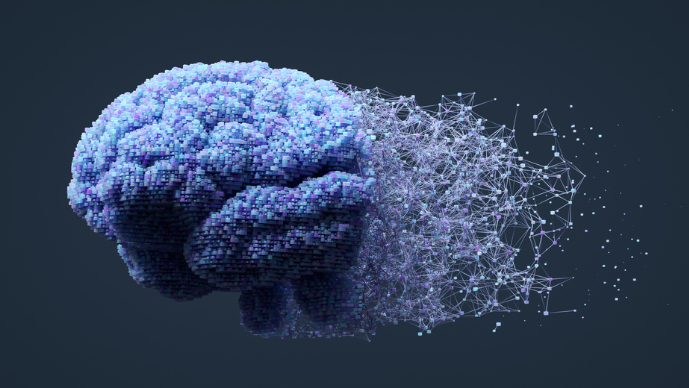
3.

